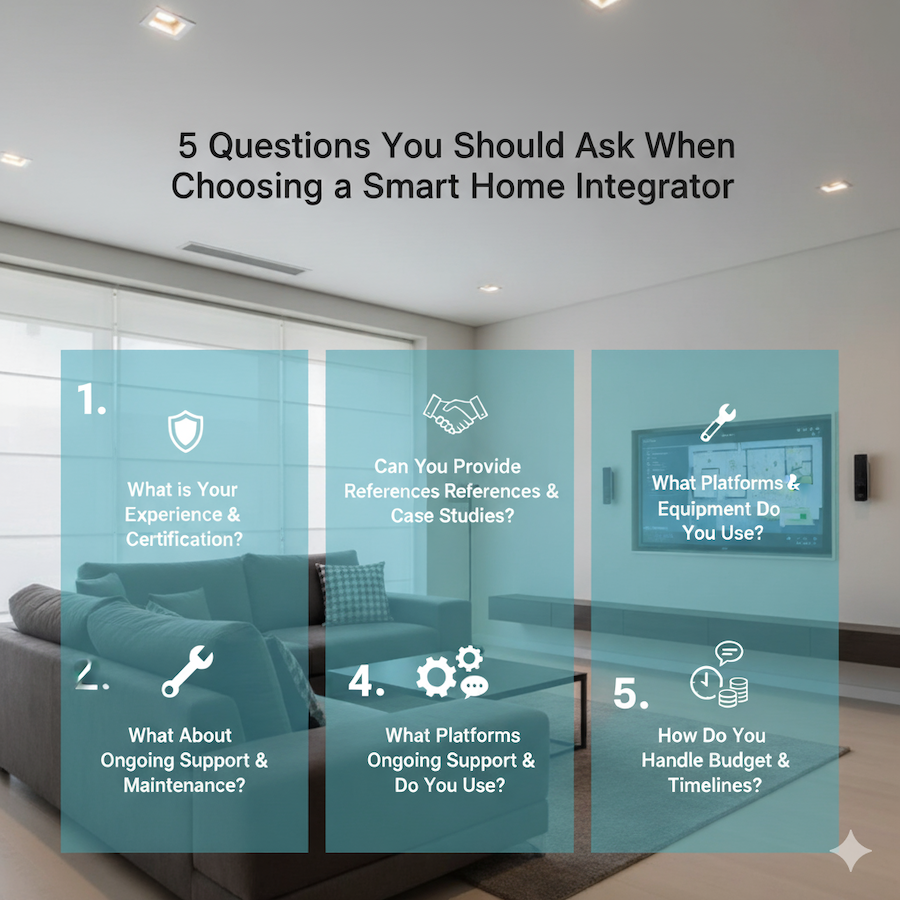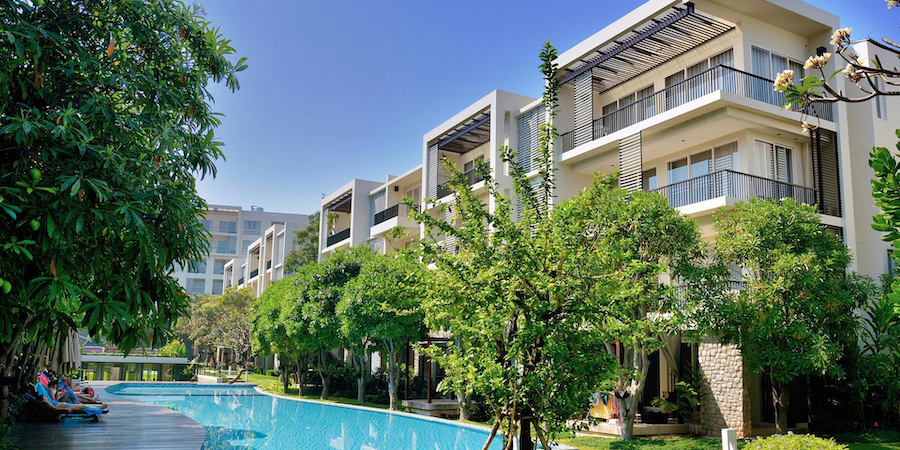
Why Smart Technology Is the New Selling Point for MDUs
Prospective Tenants Expect More Than Amenities—They Expect Modern Tech that Creates Better Living Experiences
Five years ago, a fitness center and updated finishes were enough to attract quality tenants to your MDU. Today's renters walk into showings with different expectations. They want to know about internet speeds before asking about square footage. They expect keyless entry, not just because it's convenient, but because fumbling with physical keys feels outdated. The bar has shifted, and properties without integrated smart technology aren't just behind the curve—they're likely losing tenants to competitors who get it.
What Today's Tenants Are Looking for
Reliable connectivity isn't a perk anymore—it's a baseline requirement. Tenants expect fiber-optic networks that deliver consistent speeds in every unit, not just the lobby. They want to stream, work remotely, and control their smart devices without thinking twice about whether the Wi-Fi will hold up.
Beyond connectivity, modern renters expect integrated control systems. A smart thermostat here and a separate app for lighting there doesn't cut it. They want a single platform that manages everything—climate, shades, lighting, and security—without requiring them to juggle multiple interfaces. When they can unlock their door with their phone, adjust the temperature from bed, and schedule their window treatments to match the sunrise, that's not luxury. That's the standard they're comparing you against.
Security expectations have evolved, too. Physical keys feel like a liability. Tenants want mobile credentials and smart locks that eliminate rekeying concerns and offer the flexibility to grant temporary access to guests or service providers. Video intercoms and touchless entry are no longer impressive tech features—they're what people expect in modern buildings.
How Smart Infrastructure Increases Property Value
The ROI on smart building technology shows up in multiple ways. Tech-forward properties command premium rents and see lower turnover rates. When tenants can manage their entire living space from a single app, they're less likely to leave for a competitor offering slightly lower rent. Retention alone justifies the investment—every avoided vacancy saves you months of lost revenue and turnkey costs.
Operational efficiency improves, too. Centralized management platforms enable property teams to monitor systems, adjust access permissions, and respond to maintenance requests from a single, intuitive dashboard. Instead of coordinating between multiple vendors for different systems, you're working with integrated infrastructure that reduces both response times and ongoing costs.
Energy savings add up faster than most developers expect. Automated climate controls and smart lighting systems adjust based on occupancy and natural light, cutting utility expenses across the property. In competitive markets, these operational advantages directly impact your bottom line.
Future-proofing also matters. Properties built with structured cabling and scalable network infrastructure can adopt new technologies without expensive retrofits. When the next wave of smart building features arrives, you're ready. That adaptability makes your property more attractive to investors and keeps you competitive as tenant expectations continue to evolve.
Getting Started with Smart MDU Technology
The foundation starts with infrastructure. Reliable networking and structured cabling support everything else—from access control to building-wide automation. Without proper groundwork, even the best smart devices underperform or create connectivity dead zones that frustrate tenants.
Working with experienced integrators early in the planning phase makes all the difference. When technology teams collaborate with architects and builders from the start, systems integrate seamlessly into your property's design. Waiting until construction is underway limits your options and often means compromising on functionality or paying premium prices for workarounds.
Consider both resident experience and management efficiency as you plan. The best systems make life easier for tenants while giving your team centralized control and real-time visibility. Properties that balance these priorities see the strongest returns—happier residents, streamlined operations, and a competitive edge that attracts both tenants and investors.
Ready to set your property apart? Contact us here to discuss how smart technology can enhance your Atlanta-area property.
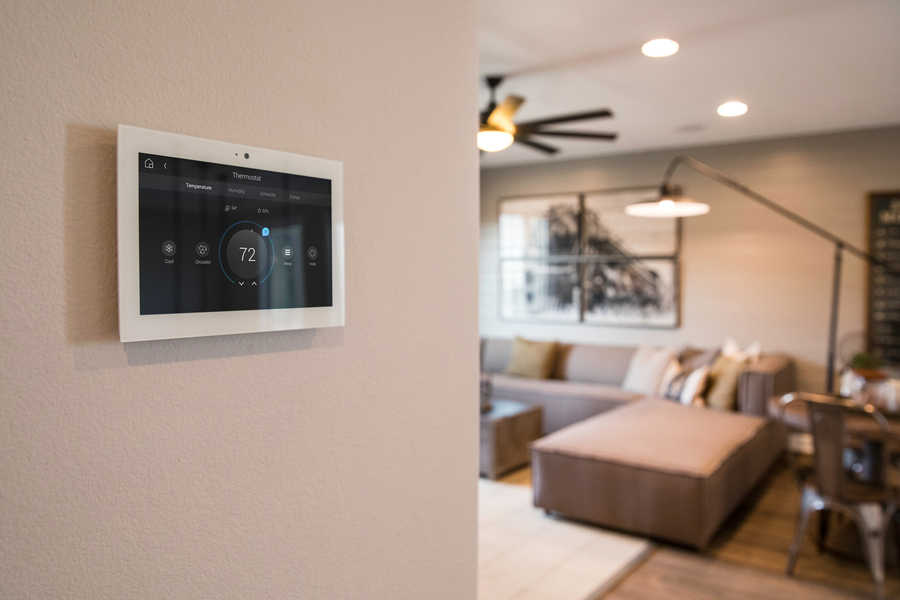
Are You Getting Enough From Your Climate Control?
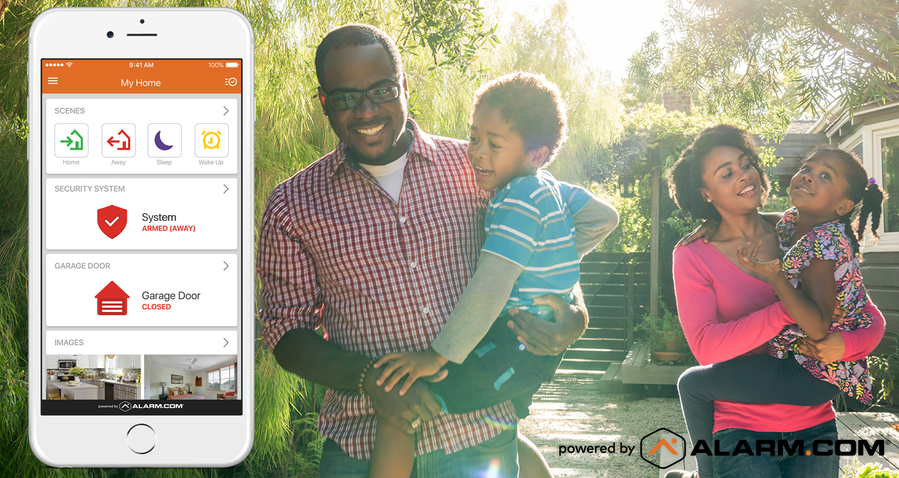
How a Smart Security System Reduces Stress and Increases Protection
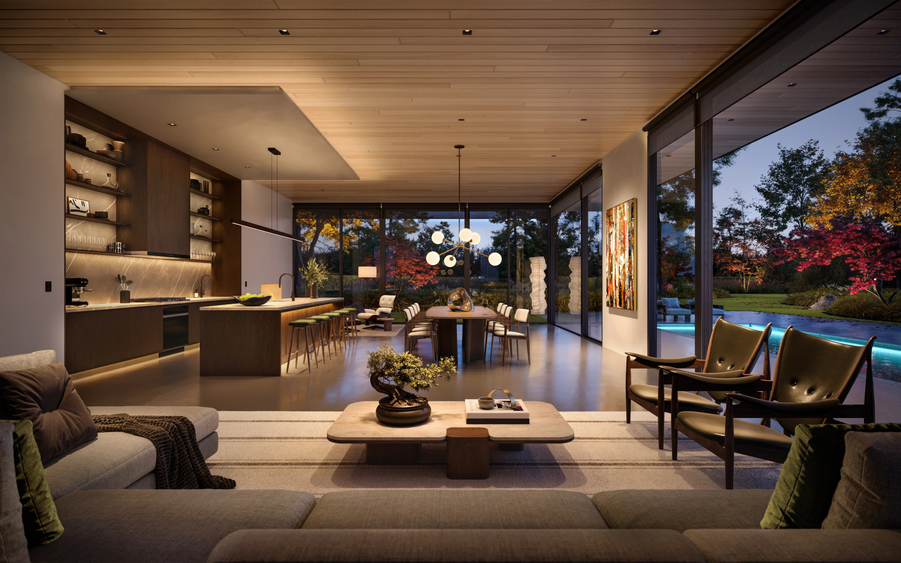
What Sets Premium Lighting Systems Apart

Why Smart Technology Is the New Selling Point for MDUs
